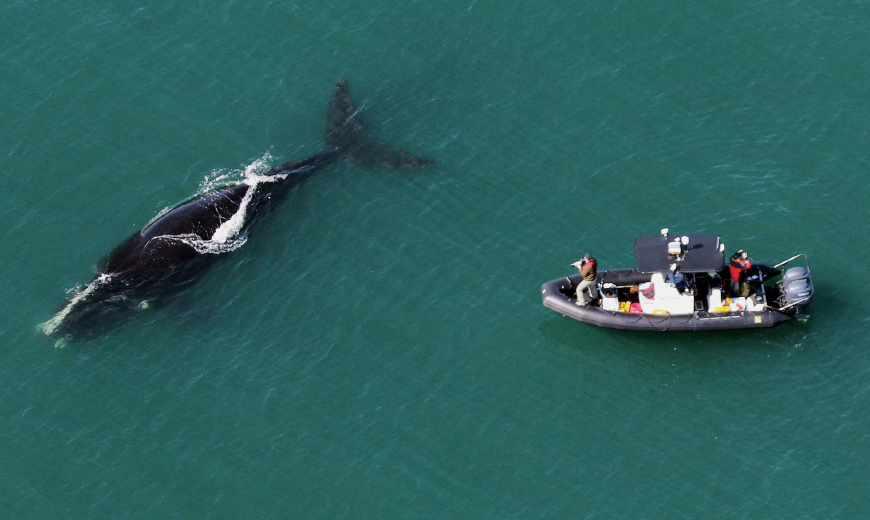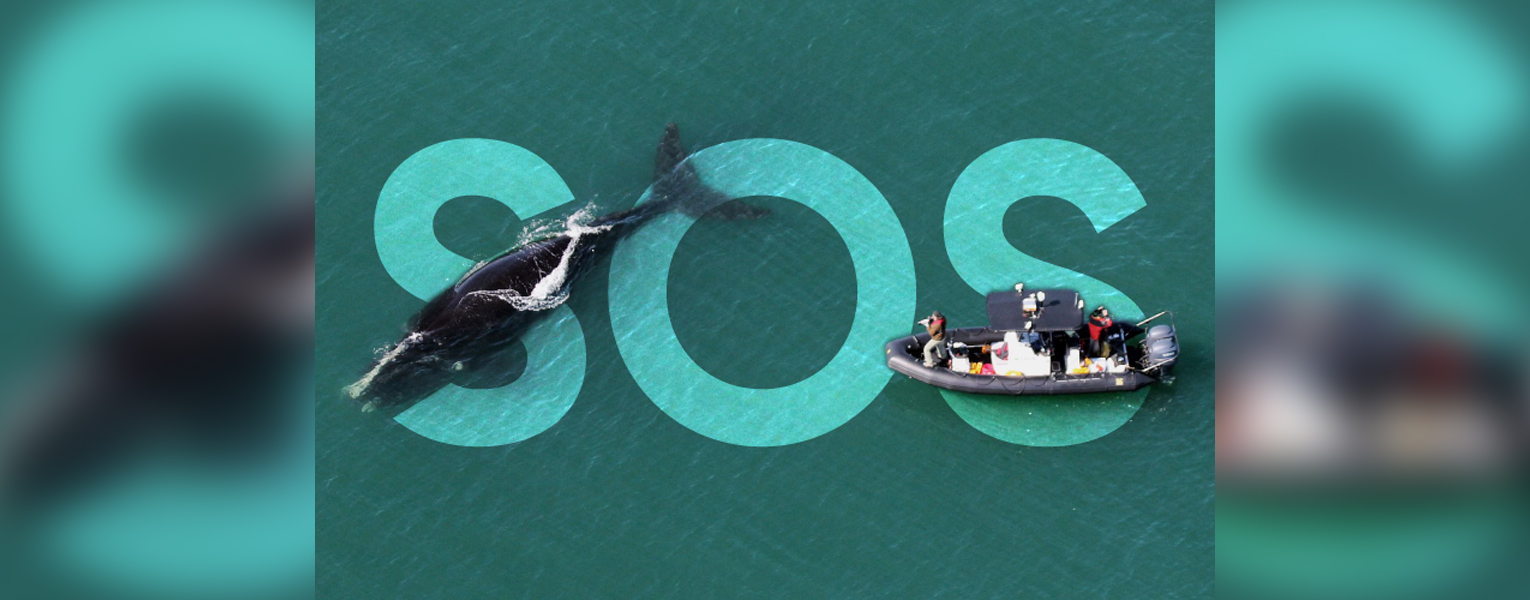4/24/2024
Science in Seconds: Steve Burton
Real-life Rescues
By Bethany Augliere
When two dolphins, a mother and calf, were recently discovered entangled in fishing gear in the Jensen Beach area of the Indian River Lagoon (IRL), Steve Burton and his team saved the day.
Burton, director of the Florida Atlantic Harbor Branch Oceanographic Institute’s Marine Mammal Stranding and Population Assessment program, and his team, study the animals in the IRL and their movement patterns. The team responds to marine mammal strandings and rescues, assists with examining the cause of death for some animals, as well as collects data for scientific analysis.
“Our team responds to stranding events year-round in Indian River, St. Lucie and Martin counties on the east coast of Florida. We also travel throughout Florida to assist our Southeast United States Marine Mammal Health and Stranding Response Network members when called upon by NMFS,” Burton said.
While it can be difficult to see dolphins and whales dead or sick, Burton said, he focuses on the positive stories and what can be learned. The happiest stories, he said, are when the team gets to disentangle live animals caught up in rope or fishing line and then released back to the wild. “Sometimes you’ll see that animal six months later and thriving,” Burton said.
In the case of the entangled calf and its mother, the team was able to document the calf in the field and then check the photo-identification database to confirm the dolphin mother was JENA and her calf was c1JENA, Burton said.
“We had over a year’s documented sighting history on each of these animals and mapped the area they would mostly be seen again so that a rescue could be performed,” Burton said. “This is a great example of how Marine mammal strandings and population assessment data can work together.”
The Florida Atlantic Harbor Branch Oceanographic Institute’s Marine Mammal Stranding and Population Assessment team’s work is permitted under a Letter of Authorization issued by the National Oceanic and Atmospheric Administration (NOAA) National Marine Fisheries Service (NMFS) letter of confirmation No. 23069-01. In addition, the team has general authorization from NOAA NMFS letter to perform monthly vessel-based photo identification surveys of whales and dolphins.
Note: If you see a marine mammal in distress, entangled or stranded in Florida, call the Florida Fish and Wildlife Conservation Commission hotline at 1-888-404-3922.
If you would like more information, please contact us at dorcommunications@fau.edu.
Saving Florida's Marine Mammals

Steve Burton, Ph.D.
Florida Atlantic Harbor Branch Oceanographic Institute
Watch video
Marine Mammal Rescue Day: April 27
Mark your calendars for April 27, a day dedicated to acknowledging the efforts of those who protect marine mammals around the globe, and a reminder of the crucial role these creatures play in our oceans' ecosystems and ongoing conservation challenges.
From dolphins to whales, marine mammals face various threats, including habitat destruction, pollution, climate change and even entanglement in fishing gear. However, dedication of researchers worldwide, help marine mammals receive critical care and rehabilitation when needed.
This day raises awareness about the importance of marine mammal conservation and rescue efforts, as well as shows appreciation for those ensuring the survival of marine mammals.
